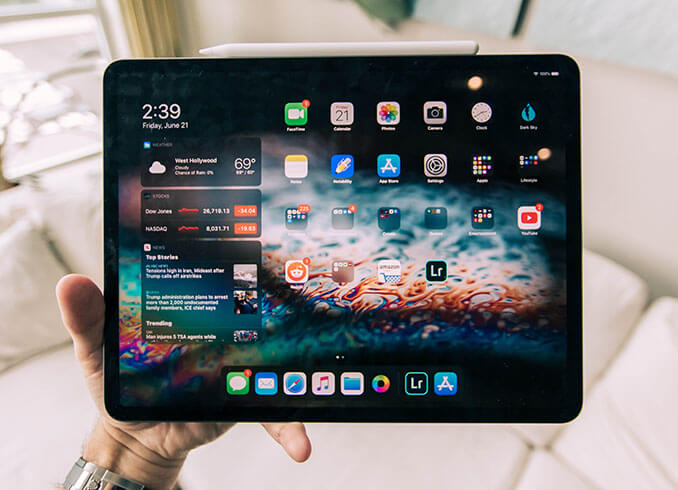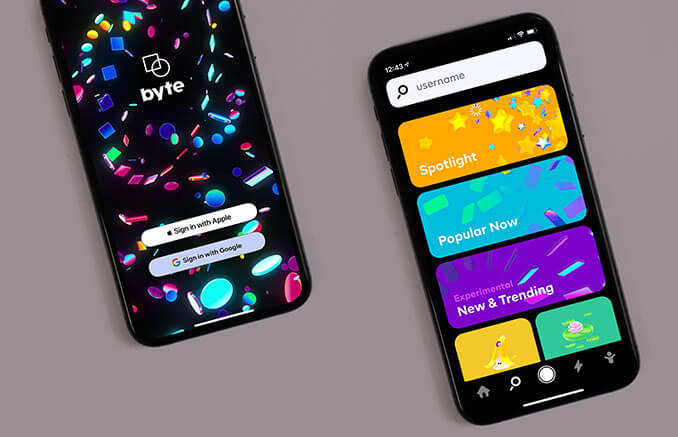When developing an app for a mobile device (tablet or smartphone) there is the possibility of creating a hybrid app or a native app.
Depending on the client’s needs and the functionalities required by the app, the development will be different.
From the client’s point of view, when choosing between a hybrid or native app, they must take into account both their budget and their needs. As well as whether they need to make maximum use of the performance of the mobile terminal’s functionalities.
Here are the main differences, advantages and disadvantages between a native app and a hybrid app.
What is a native app?
It is an app developed with the language of the platform on which it will be hosted.
In the case of Android apps, the most commonly used programming languages are Java, XML and C++.

Advantages and disadvantages of a native app
From the user’s point of view, this type of application allows a notable improvement in the user’s experience. Its speed is greater. Also, as they are developed in the user’s own language, the user will have access to all the functions of the terminal.
Moreover, these apps have greater visibility in the APP Store on both iOS and Android. Finally, they are automatically updated every time a new version of the app is published.
Among the disadvantages of a native app we can highlight that its development cost is higher, since, if we want it to be compatible with both the Android and iOS systems, it must be developed twice and the programmer must have knowledge of both platforms.
Furthermore, they cannot be the same in both versions and some functionalities or visuals may be modified from one system to another.

What is a hybrid app?
A hybrid app is one that is developed using web technology, with programming languages such as JavaScript, CSS and HTML.
Advantages and disadvantages of a hybrid app
Its main advantage is that it is only developed once for the different platforms on which it will be hosted. This reduces the cost for the end customer by almost half.
It is also easier to maintain than native apps. On the other hand, performance may be somewhat slower and run at a slower speed.
Their access is limited, so it is not possible to take full advantage of the mobile device, and they always require an Internet connection, since they are executed through a web browser.
Finally, it is possible that they may lose some of the visuality of native apps due to the limitations of the programming language itself.

During the last two years Kodikas has developed the hybrid app for RetoMutua, with different games for the Mutua Madrid Open tennis tournament attendees.
Very soon we will develop the hybrid app for Reto Mutua for the 2020 edition. We will keep you informed!